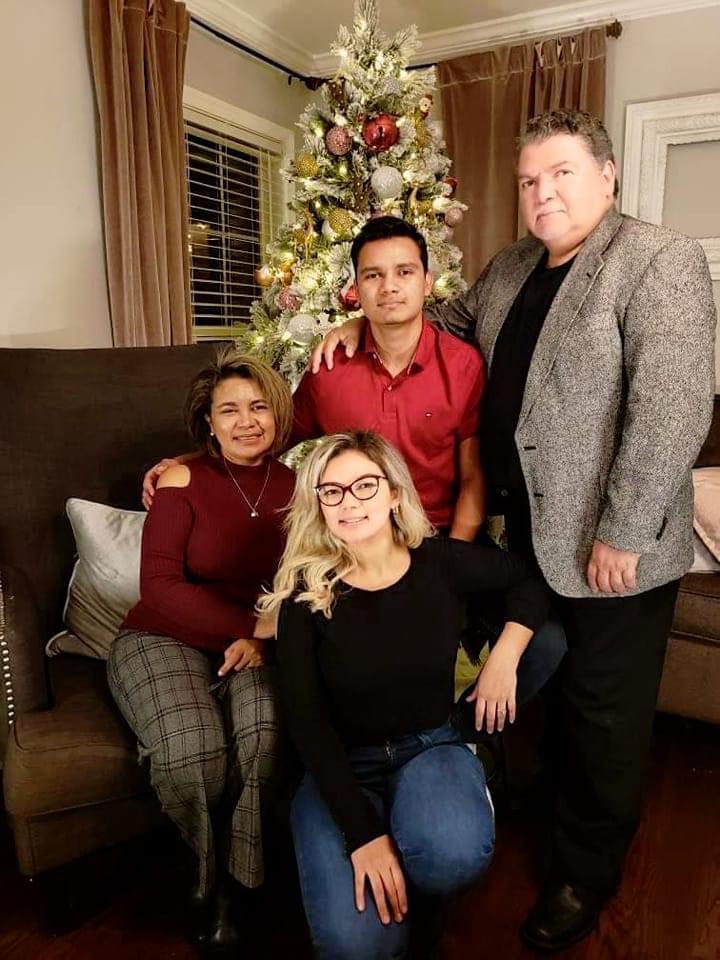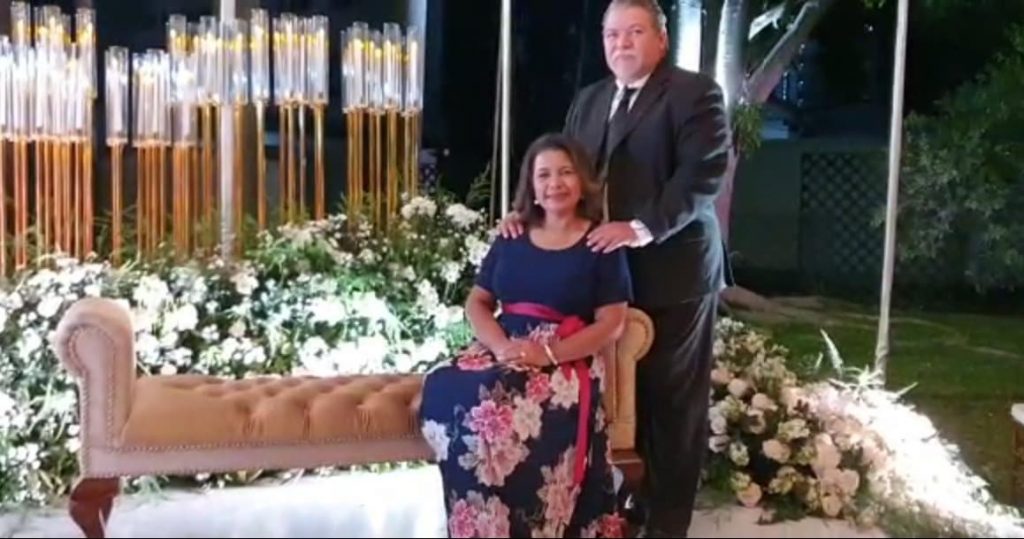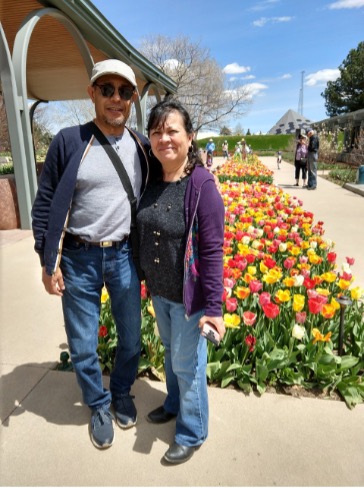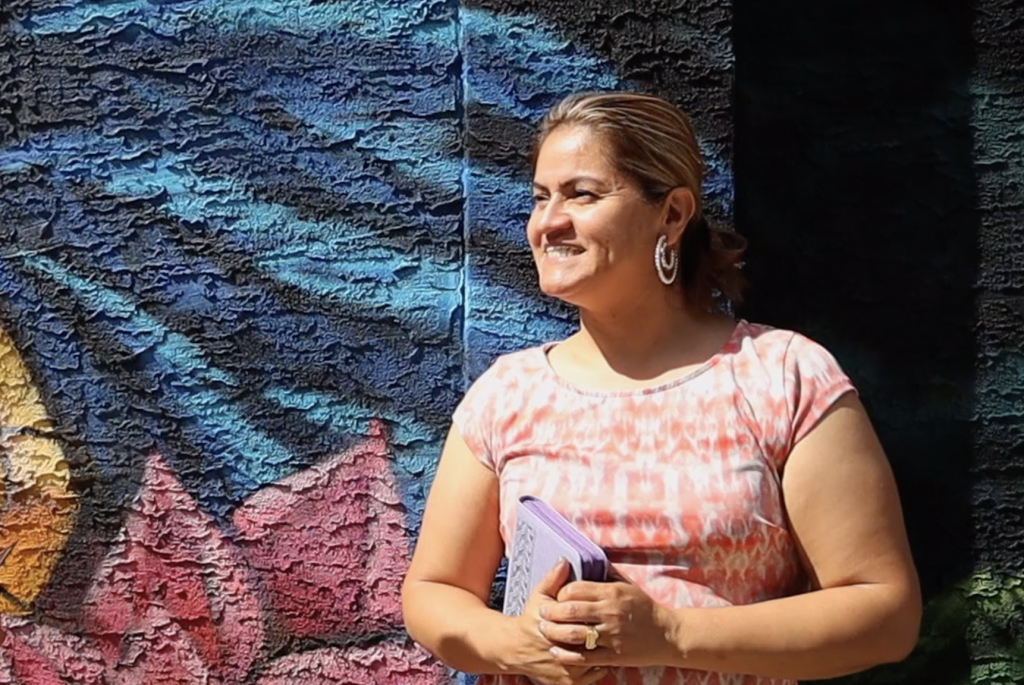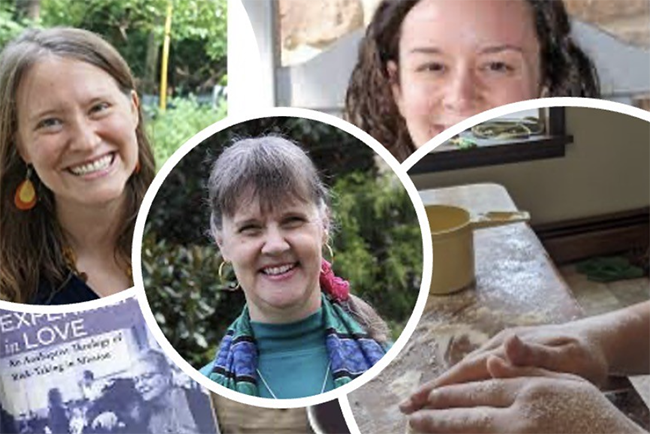by Marco Güete
I have a friend who I admire for his routines and habits; I confess that I would like to imitate him. Every day he gets up and goes to bed at the same time. He says he sleeps eight hours without taking medications to help him sleep, he goes to the gym the same days each week, he eats his meals every day at the same times. Those are my friend’s good habits.
The truth is that as human beings we have a lot of good and bad habits. This conversation with my friend prompted me to research habits by reading books and listening to lectures on the subject. Now I understand more clearly Ecclesiastes 3:1 NLT: “For everything there is a season, a time for every activity under heaven.”
We have the privilege of living in a volatile era, where everything is fleeting and transitory. Those of us who make up the church are not spared from the feelings of sudden and radical changes. What was is no longer, and what is, will not be. In our digital world, full of devices, new things emerge constantly and so quickly that it is difficult to adjust to the changes.
These challenges make it complex to improve our habits and routines. I say complex, but not impossible. How long does it take to form a new habit that makes us happy? James Clear, in his book Atomic Habits (p. 75) answers, “Habit formation is the process by which a behavior becomes progressively more automatic through repetition. The more you repeat an activity, the more the structure of your brain changes to become efficient at that activity…Repeating a habit leads to clear physical changes in the brain.”
“For everything there is a season…” The writer of Ecclesiastes anticipated what awaited us in this century without knowing it. When we attempt to do many things at the same time, we make mistakes and become stressed, and in turn that stress causes us innumerable physical and mental problems.
I invite you to acquire the good habit that this text advises you: Do one thing at a time, well, with passion and dedication. Let us remember that “There is an appointed time for everything.” Work which cannot be done on the day for mission or ministry must wait its turn, because we are simply humans who love God and ourselves.
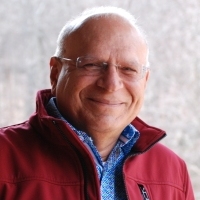
Marco Güete
Marco Güete is the Leadership Minister for Florida for Mosaic Conference.


